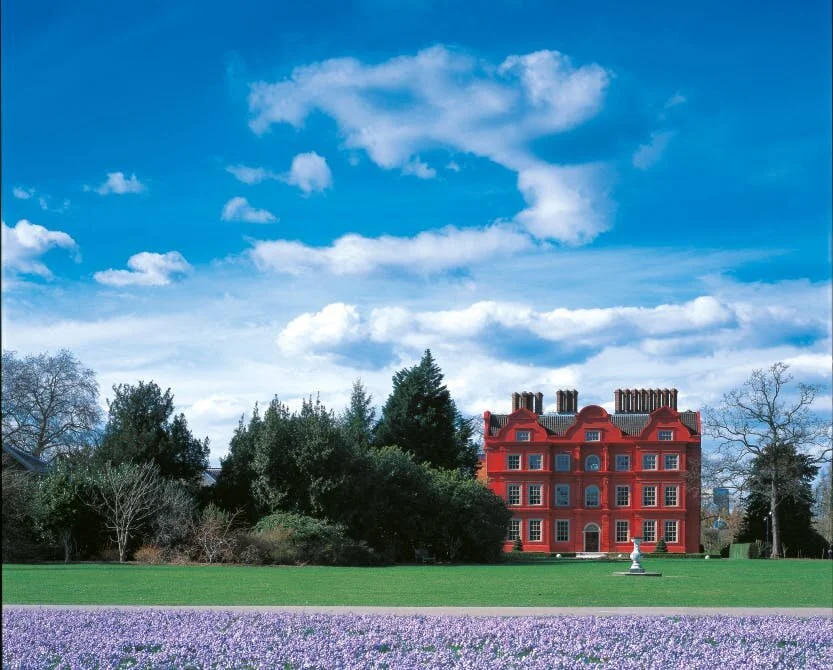Kew Palace, London
A recent composition project that has just seen the light of day is a four room spatial soundtrack for the top floors of the Kew Palace exhibition George III: The Mind Behind the Myth. The composition is based on George Frideric Handel’s Keyboard suite in D minor ( HWV 437), which was a favourite of King George III. The work for Kew Palace unfolds across four rooms, with the audience progressing through the composition as they move through the exhibition.
The exhibition overall is a reconsideration of the story of George III’s mental illness from a contemporary standpoint, and asks how much attitudes to mental health have changed over the last two centuries – or more importantly, how much they haven’t.
Tickets are available online here and the exhibition runs from 10th June to 26 September 2021.
Thank you to Simon Hendry and Gregory White for their work on the sound system design and installation of this piece. Further thanks to KEF UK.
'George III: The Man Behind the Myth' exhibition at Kew Palace

